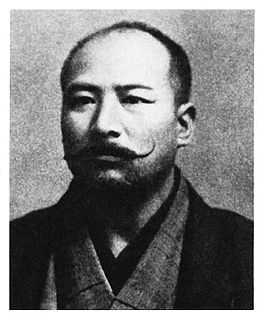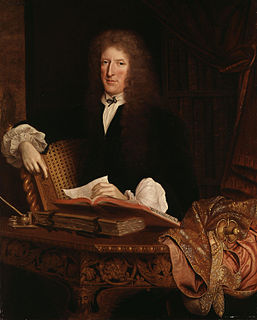Цитата Томаса Джефферсона
Никогда не бойтесь отсутствия бизнеса. Человек, который хорошо подходит для своего призвания, никогда не оставит без работы.
Связанные цитаты
Кроткий человек не чувствителен даже к самому себе. Он не всегда следит за собой и своими интересами. Он не всегда обороняется… Быть истинно кротким – значит, мы уже не защищаем себя, потому что видим, что защищать нечего… Человек, который истинно кроток, никогда не жалеет себя, никогда не жалеет себя. Он никогда не разговаривает сам с собой и говорит: «Тяжело тебе приходится, как недобры эти люди, что не понимают тебя.
При отсутствии правительства каждый человек учится думать, действовать сам, не рассчитывая на поддержку внешней силы, которая, как бы бдительна она ни была, никогда не сможет удовлетворить все общественные потребности. Таким образом, человек, привыкший добиваться своего благополучия только собственными усилиями, возвышается в своем собственном мнении так же, как и в глазах других; его душа становится больше и сильнее одновременно.
Я бы ничего не сказал о мистере Трампе, никогда — я бы никогда ничего не сказал, если бы он не называл себя христианином. Не мое дело комментировать его язык, его вульгарность, его клевету на людей, но я был глубоко обеспокоен ... что вот человек, который однажды держит Библию и называет даму " бимбо" следующий.
Страх никогда не писал симфонии или поэмы, не заключал мирных договоров и не лечил болезни. Страх никогда не вытаскивал семью из бедности, а страну из фанатизма. Страх никогда не спасал брак или бизнес. Мужество сделало это. Вера сделала это. Это делали люди, которые отказывались советоваться или прятаться от своей робости. Но сам страх? Страх загоняет нас в тюрьму и захлопывает двери. Разве не было бы здорово уйти?
Естественные права человека принадлежат ему самому, а не всему миру; и всякое нарушение их одинаково является преступлением, совершается ли оно одним человеком или миллионами; совершены ли они одним человеком, называющим себя разбойником (или любым другим именем, указывающим на его истинный характер), или миллионами, называющими себя правительством.
Поэтому ученик дзюдо должен развивать свой ум; он никогда не должен бояться, никогда не выходить из себя, никогда не терять бдительность; но он должен быть хладнокровен и спокоен, хотя и не рассеян; он должен действовать так быстро, как думает, в зависимости от обстоятельств. Он также должен быть ловким и смелым как в атаке, так и в защите.
Спит ли он или бодрствует, бежит ли он или идет, пользуется ли он микроскопом или подзорной трубой, или своим невооруженным глазом, человек никогда ничего не открывает, никогда ничего не догоняет, ничего не оставляет позади, кроме самого себя. Что бы он ни говорил или ни делал, он просто сообщает о себе. Если он влюблен, он любит; если он на небесах, он наслаждается; если он в аду, он страдает. Его состояние определяет его местонахождение.

































